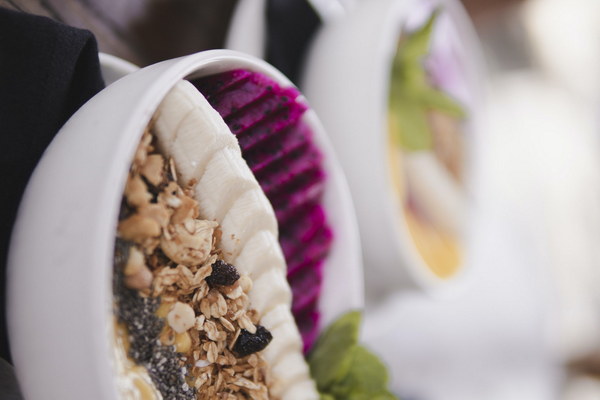Unlocking Liver Health Discover the Best Herbs for Liver Qi Stagnation
Liver Qi Stagnation, also known as Liver Qi Stagnation Syndrome, is a common condition in traditional Chinese medicine (TCM). It occurs when the flow of Qi (vital energy) within the liver becomes obstructed, leading to various symptoms such as irritability, breast tenderness, abdominal pain, and mood swings. To address this condition, TCM offers a variety of herbs that can help promote liver health and alleviate the symptoms of Liver Qi Stagnation. In this article, we will explore some of the most effective herbs for liver Qi stagnation and how they can be incorporated into your daily routine.
1. Chai Hu (Bupleurum chinense)
Chai Hu is a popular herb in TCM, known for its ability to regulate the liver and alleviate Liver Qi Stagnation. It is often used in combination with other herbs to treat a wide range of liver-related conditions. Chai Hu works by promoting the flow of Qi and blood, thus reducing pain, relieving tension, and improving mood. It is commonly used in the formula Xiao Yao San (Free and Easy Wanderer Formula), which is designed to harmonize the liver and alleviate stress.
2. Bai Zi Ren (Biota Seeds)
Bai Zi Ren is another herb that is often used in TCM to address Liver Qi Stagnation. It has a calming effect on the mind and can help alleviate irritability, anxiety, and mood swings associated with this condition. Additionally, Bai Zi Ren can help improve sleep quality and reduce stress levels. It is often combined with other herbs, such as Chai Hu, to create a synergistic effect in treating Liver Qi Stagnation.
3. Dang Gui (Angelica sinensis)
Dang Gui is a well-known herb for its ability to nourish blood and invigorate Qi. It is particularly effective in treating Liver Qi Stagnation that is accompanied by blood deficiency. Dang Gui helps to promote the flow of Qi and blood, alleviate pain, and improve mood. When used in conjunction with other herbs, such as Chai Hu and Bai Zi Ren, Dang Gui can significantly enhance the effectiveness of treatment for Liver Qi Stagnation.
4. Mu Xiang (Costus root)
Mu Xiang is a herb that can help to regulate the Qi and alleviate Liver Qi Stagnation. It is often used in TCM to treat abdominal pain, bloating, and indigestion. Mu Xiang has a warming effect and can help to improve blood circulation, which can, in turn, reduce pain and tension. It is commonly used in the formula Shao Yao Gan Cao Tang (Bupleurum and Licorice Decoction) to address Liver Qi Stagnation and improve overall liver health.
5. Dan Shen (Salvia miltiorrhiza)
Dan Shen is a powerful herb that can help to nourish the heart and improve blood circulation. It is often used in TCM to treat Liver Qi Stagnation that affects the heart and blood vessels. Dan Shen can help to alleviate chest pain, palpitations, and anxiety. When combined with other herbs, such as Chai Hu and Bai Zi Ren, Dan Shen can enhance the overall effectiveness of treatment for Liver Qi Stagnation.
Incorporating these herbs into your daily routine can help to alleviate the symptoms of Liver Qi Stagnation and promote overall liver health. However, it is important to consult with a qualified TCM practitioner before starting any new treatment regimen. They can provide personalized advice on the appropriate dosage and combination of herbs for your specific condition.
In addition to using herbs, there are other lifestyle modifications that can help to alleviate Liver Qi Stagnation. These include:

- Engaging in regular physical activity, such as yoga or tai chi, to promote the flow of Qi in the body.
- Practicing mindfulness and stress-reduction techniques, such as meditation or deep breathing exercises.
- Eating a balanced diet rich in fruits, vegetables, and whole grains to support liver function.
- Avoiding excessive alcohol consumption and smoking.
By incorporating these natural remedies and lifestyle changes, you can help to maintain a healthy liver and alleviate the symptoms of Liver Qi Stagnation. Remember to consult with a healthcare professional before starting any new treatment or making significant changes to your lifestyle.









